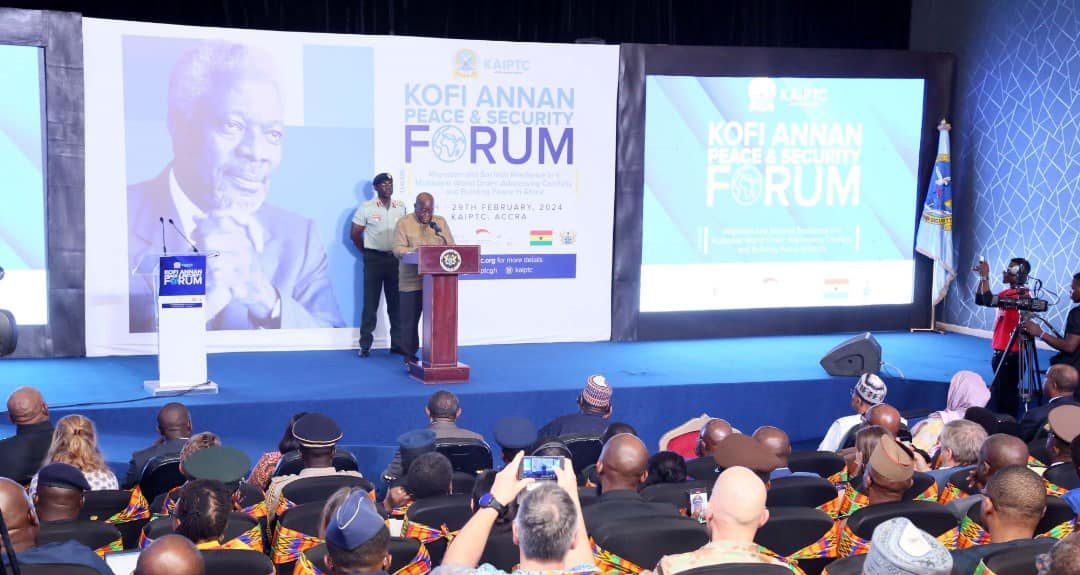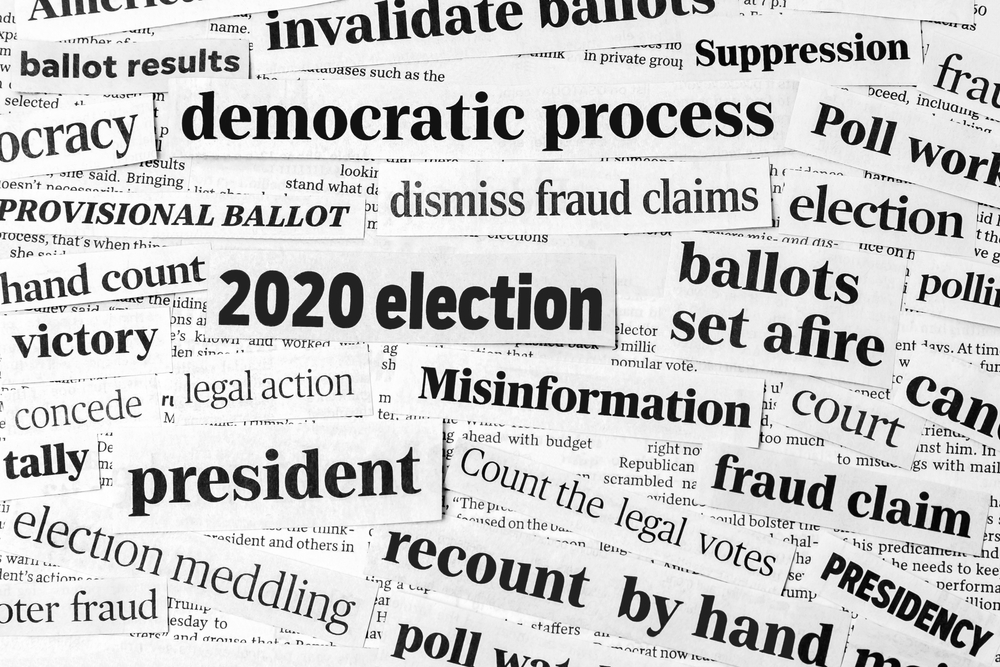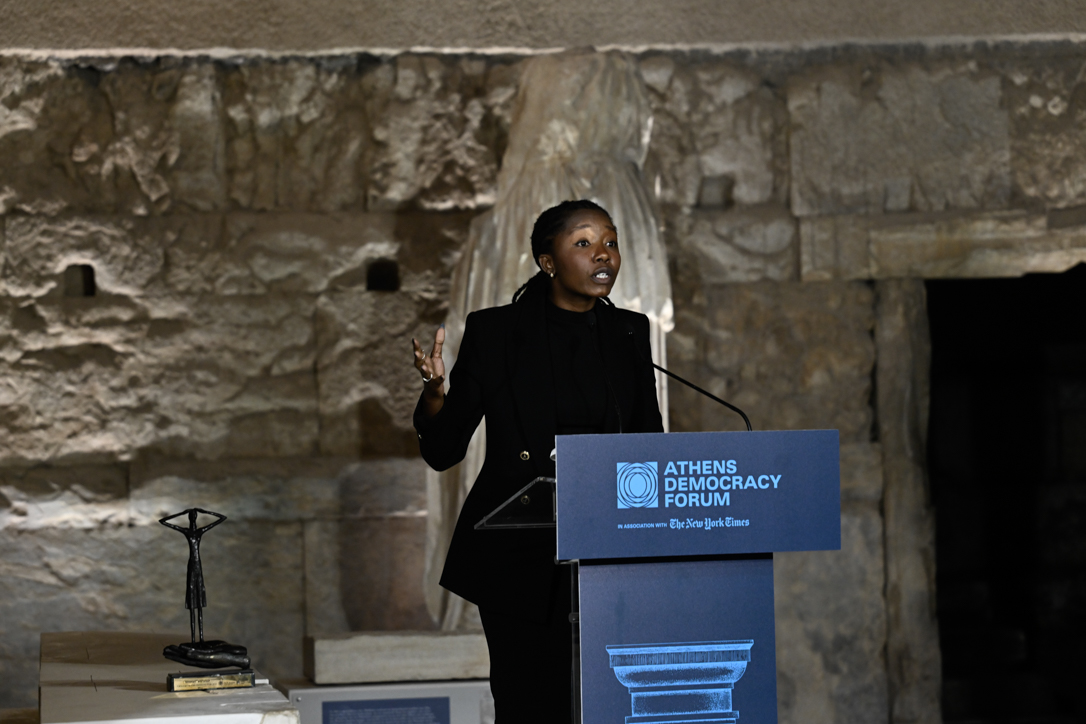COVID-19 in Southeast Asia: an opportunity for inclusive democracy
As the COVID-19 pandemic gains steady ground in Southeast Asia, the democratic health of the region is also being put to the test.
In the fourth edition of its “Kofi Annan Dialogues” webinar series, the Kofi Annan Foundation brought together an exceptional panel of Southeast Asian leaders, thinkers, and activists, to discuss the Covid-19 pandemic in the region, and its impact on democracy. The aim was not only to take stock of the situation, but also to tease out the opportunities to further democratic principles going forward.
“The pandemic has created an opportunity for self-examination, especially for leaders who have not yet caught up with democracy”, exhorted President Jose Ramos-Horta, the Nobel Prize-winning former president of Timor-Leste.
“Embrace those you claim to represent. These are your people, and they should have a voice in the future of your country.”
The panel generally expressed satisfaction with the technical public health management of the pandemic, which is confirmed by opinion polls, which indicate 65-95% approval ratings across Southeast Asia[1]. But, according to the V-Dem Institute at Gothenburg University, there has been a degree of democratic backsliding in the region, although to varying degrees and taking different forms from country to country[2].
The pandemic has exposed the region’s trends towards divisive and authoritarian governance. The Philippines has the worst record of backsliding, albeit from a higher starting point, in the V-Dem study[3]. For example, the ‘Anti-terrorism bill’ signed by President Duterte, which will allow a small group of cabinet secretaries to arrest people who fit a loose definition of ‘terrorists’, is regarded as a surreptitious tool to silence opposition and strengthen executive power. Social media has also been used by the government to undermine critics and manipulate political discourse.
“Social media has enabled the rise of populist authoritarian-style leaders who have essentially dismantled democracy from within”, warned guest speaker Maria Ressa, a prominent investigative journalist from the Philippines who has recently been convicted of “cyberlibel”.
That said, our expert panel lamented the inefficiency of democracy when captured by special interests. Democracy should not only represent the voices of the majority or governing elites, but should also capture the interests of the poor, the marginalised, and the minorities.
“We need inclusive democracy that delivers for all”, urged Dr. Noeleen Heyzer, the former head of the Economic and Social Commission for Asia Pacific (ESCAP). “The shift (in focus) from the quantity of wealth to the quality of life is extremely important”.
There was a consensus that Covid-19 has magnified inequalities, amplified insecurities and intensified humanitarian challenges in the region. The stagnation of economic activity during Covid-19 has disproportionately affected the poorest and marginalised communities, like migrant workers for example.
Inequality also has a more tangible resonance when traditionally marginalised communities have lost political bargaining power in the aftermath of the pandemic. For instance, minorities in Myanmar find it increasingly difficult to organise effective political action because they have been weakened socially and economically by the pandemic, reported Thant Myint-U, a prominent political analyst and author. As a result, they risk losing all representation in government in the upcoming elections due to the country’s first, past the post system.
These examples have revealed a pressing need for leaders to move forward with more inclusive policies capable of addressing core challenges to democratic health.
To prevent a crisis within a crisis, it is imperative that governments adopt a ‘whole-of-society approach’, advocated Dr. Heyzer, capable of strengthening civil society, empowering citizenry, and encouraging free political discourse.
At a time when the entire world is considering a post-pandemic ‘reset’, Southeast Asian governments should use this opportunity to promote greater transparency and public accountability, notably through the strengthening and consolidation of democratic institutions, opined President Ramos-Horta. Only through this will they be able to maintain resilience in the face of hardship, heal social divides, and guarantee a structure of governance that is able to attend to the most vulnerable.
Panelists further argued that building inclusive democracy should be a coordinated effort between Southeast Asian states who should collectively strive to reach a more integrated form of governance.
“These issues need to be deliberated within each country and between countries. I think that this kind of deliberation is what is going to give content to democracy in the most meaningful sense of the word.”, concluded Thant Myint-U.
[1] Dalia, Democracy Perception Index, Democracy during COVID-19, “People around the world judge their government’s COVID-19 response” https://daliaresearch.com/blog/democracy-perception-index-2020/ [2] https://www.v-dem.net/en/analysis/PanDem/ [3] Ibid.
 “The pandemic has created an opportunity for self-examination, especially for leaders who have not yet caught up with democracy”, exhorted President Jose Ramos-Horta, the Nobel Prize-winning former president of Timor-Leste.
“The pandemic has created an opportunity for self-examination, especially for leaders who have not yet caught up with democracy”, exhorted President Jose Ramos-Horta, the Nobel Prize-winning former president of Timor-Leste. “Social media has enabled the rise of populist authoritarian-style leaders who have essentially dismantled democracy from within”, warned guest speaker Maria Ressa, a prominent investigative journalist from the Philippines who has recently been convicted of “cyberlibel”.
“Social media has enabled the rise of populist authoritarian-style leaders who have essentially dismantled democracy from within”, warned guest speaker Maria Ressa, a prominent investigative journalist from the Philippines who has recently been convicted of “cyberlibel”. “We need inclusive democracy that delivers for all”, urged Dr. Noeleen Heyzer, the former head of the Economic and Social Commission for Asia Pacific (ESCAP). “The shift (in focus) from the quantity of wealth to the quality of life is extremely important”.
“We need inclusive democracy that delivers for all”, urged Dr. Noeleen Heyzer, the former head of the Economic and Social Commission for Asia Pacific (ESCAP). “The shift (in focus) from the quantity of wealth to the quality of life is extremely important”. “These issues need to be deliberated within each country and between countries. I think that this kind of deliberation is what is going to give content to democracy in the most meaningful sense of the word.”, concluded Thant Myint-U.
“These issues need to be deliberated within each country and between countries. I think that this kind of deliberation is what is going to give content to democracy in the most meaningful sense of the word.”, concluded Thant Myint-U.


